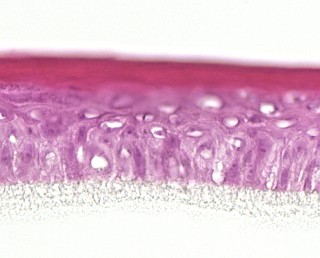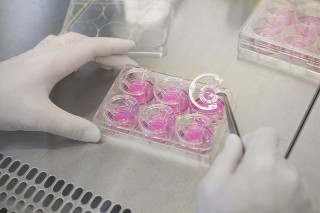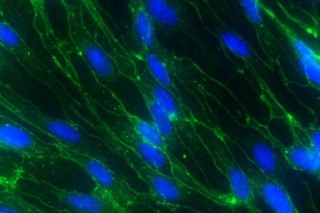
The Fraunhofer Translation Center for Regenerative Therapies (TLC-RT) is taking over the epiCS® technology from Henkel AG & Co. KGaA, thereby ensuring the continued availability of internationally standardized epidermis models. These OECD-validated tissue models offer a reliable alternative for evaluating the skin reactions of chemical substances and contribute to the safety of cosmetics and pharmaceuticals.
more info







